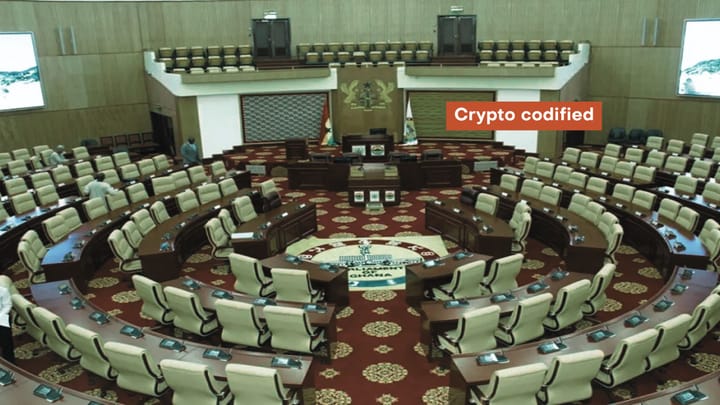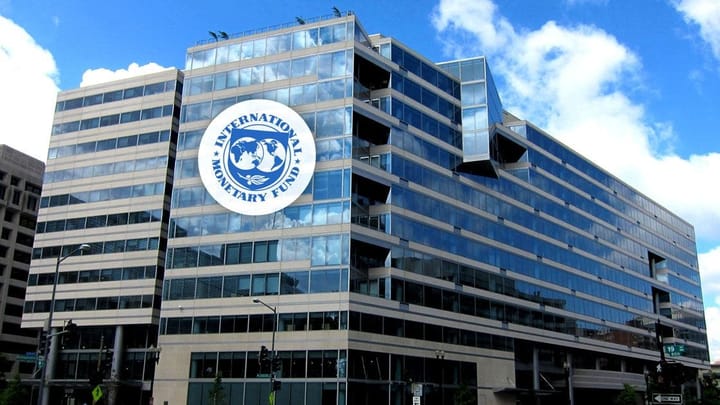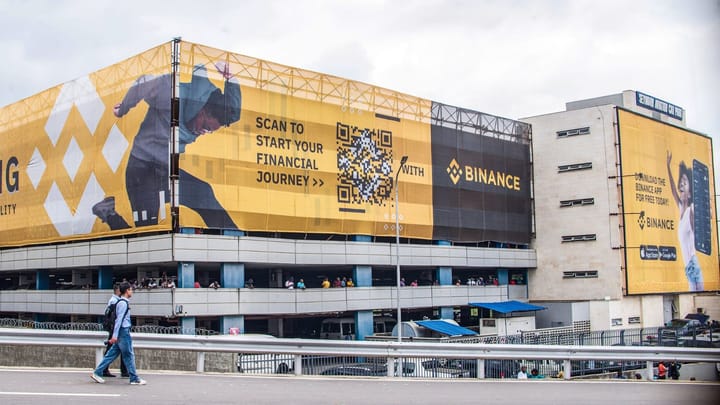Sidebar: How governments can solve blockchain problems in Africa — Web3Bridge founder
Ayodeji Awosika, founder of Web3Bridge, believes that 70% of Nigeria’s problems can be solved if the government steps up to fix just education, infrastructure, and travel policies.
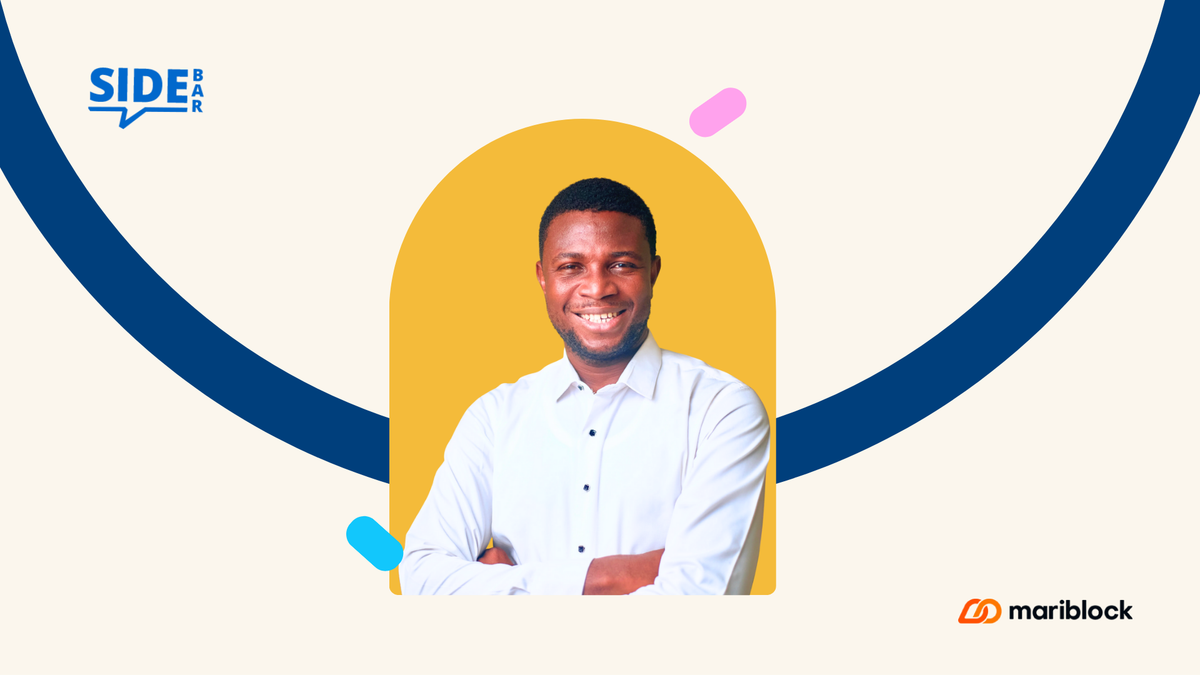
Ayodeji Awosika is the founder of Web3Bridge, a developer training program that has helped shape some of Africa’s blockchain talent since 2019. The program has already graduated hundreds of Solidity developers, and now, it’s expanding into ZK and Rust as the ecosystem continues to evolve.
We spoke to Awosika about why fixing education is key to growing Africa’s blockchain workforce, the role governments can play in accelerating innovation, and what he believes the continent’s Web3 ecosystem could look like in five years.
This interview has been edited for length and clarity.
What was the original vision when you started of Web3Bridge and how has that vision evolved over the years?
AA: When we started Web3Bridge, the vision was simple: close the education gap in the blockchain space. Back then, I was hosting community meetups, doing ambassador programs, and managing grassroots initiatives. What really pushed things forward was a tweet I posted after hearing the Ethereum Foundation’s vision to train a million developers globally. It struck me that Africans are ready. And if you put the right tools in our hands, we’ll build.
So Web3Bridge was born from that belief: that more African developers in the global ecosystem would unlock more opportunities for everyone on the continent.
We’ve come a long way since. Over 3,000 people have passed through the program, with around 300+ graduating, because it’s a very rigorous process. We’ve stayed committed to training Solidity developers, but as the ecosystem evolves, so do we. Now we’re adding ZK, Rust, and other skills that reflect what the space demands.
Only 6% of the world’s blockchain developers are based in Africa. Why do you think the continent is lagging in developer participation, and what can we do better?
AA: One of the biggest reasons we’re behind is the gap in our education system. In many African universities, especially in Nigeria, the computer science curriculum is outdated. You can graduate, even with a PhD, without ever writing a line of real code. Compare that to places like Asia, Europe, or the U.S., where students can leave school ready to take on jobs as software engineers. That’s not the case here.
Our universities aren’t teaching relevant programming languages like Solidity or Rust; many still focus on older tools that don’t reflect what’s happening in the real world. So students often have to look outside school — through platforms like Web3Bridge — to learn the skills they actually need for today’s jobs.
Until the curriculum is reformed to match industry demand, we’ll continue to see this disconnect. That’s why we’re taking steps to bridge the gap ourselves. For example, we’re about to sign an MoU with the University of Nigeria to train computer science and ICT students during their six-month industrial training. They’ll come to Web3Bridge, learn in-demand tools like smart contract development, and return to school better prepared for the job market.
Education is everything. If we want to build a strong blockchain ecosystem in Africa, we have to start there.
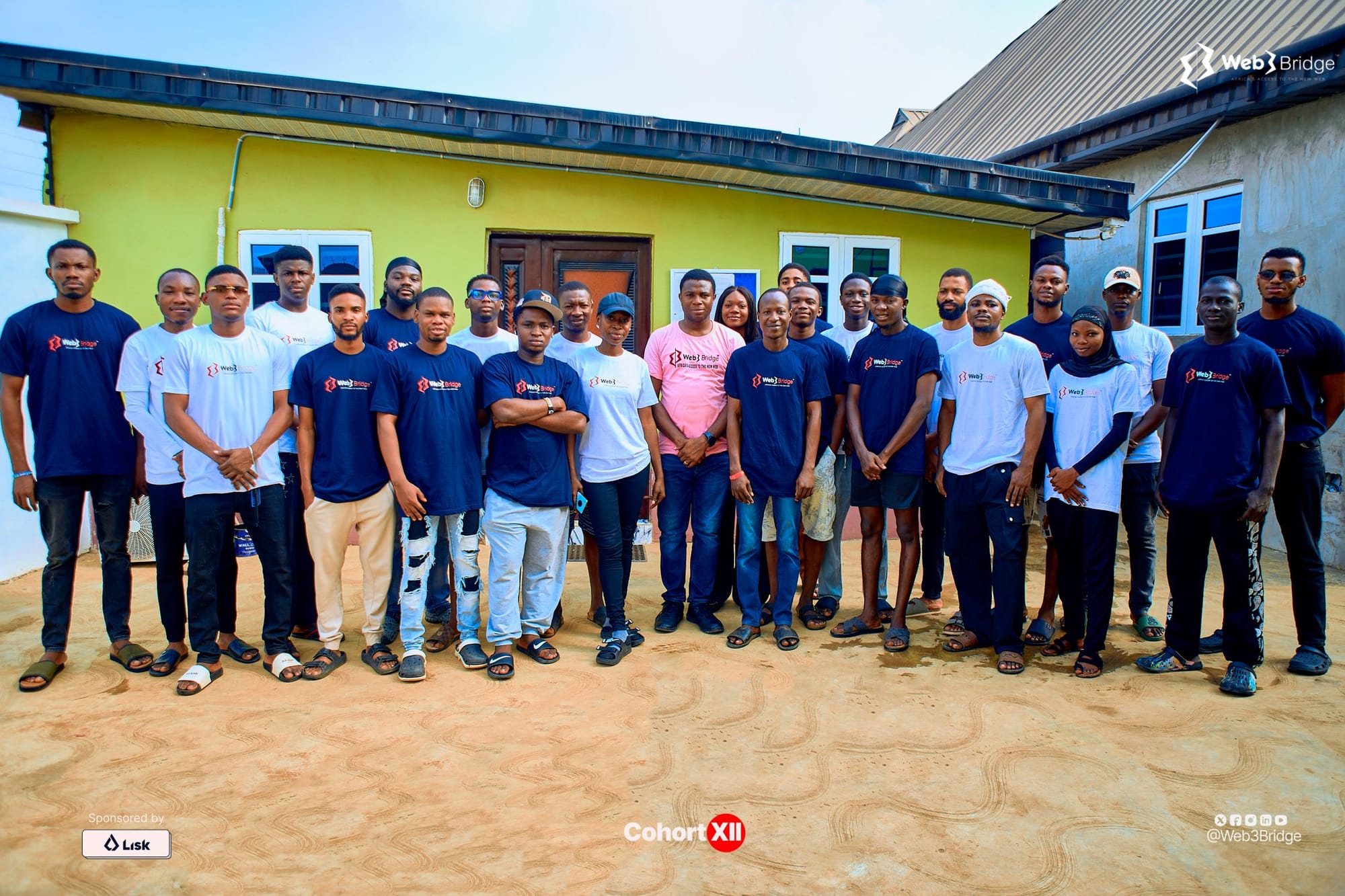
Training is one thing, but retention is another. What are some of the biggest challenges your graduates face when trying to stay active or employed in the Web3 space long-term?
AA: For starters, our program is very intense. It runs for four months, six days a week, with five-hour sessions daily. That’s 30 hours a week, and not everyone can keep up, especially those learning remotely and dealing with things like poor internet or unstable electricity.
Some people also have full-time jobs in Web2 and struggle to balance that with the program’s demands. But even those who don’t finish sometimes go on to do amazing things. I've seen people leave midway and still make meaningful contributions in the space. So, graduating from Web3Bridge isn’t the only path to success. We also encourage our graduates to contribute to open-source projects. That’s a big part of Web3 culture, and it comes with real rewards. For example, when we organized Africa’s first Cairo bootcamp for StarkNet, many of our students got involved early. Later, when the token launched, some earned significant airdrops; collectively, our community received close to $3 million worth of tokens.
Also note that Web3 protocols are expanding into Africa and actively looking for local builders. Many of our alumni are stepping into incubation programs or becoming founders themselves. So, while the path isn’t always linear or traditional, the opportunities are there, and at Web3Bridge, we’ve built a reputation that opens doors.
How do you think African governments or regulatory bodies can engage better with blockchain education and talent development?
AA: Government involvement could fast-track our progress massively. Just fixing university curriculums alone would solve a huge part of the problem. Imagine graduating with a computer science degree and already having a strong foundation in cryptography, blockchain concepts, or even zero-knowledge proofs. That alone would reduce the need for extra training later on.
Infrastructure is another big one. I was in Kenya recently, and I stayed somewhere with 24/7 electricity for a full week, something we still struggle with in Nigeria. At Web3Bridge, we’ve spent over $20,000 just on inverter systems. That’s money that could’ve gone into developer tools, programs, or expansion if we didn’t have to solve basic power issues ourselves.
There’s also the issue of access. Visa costs and policies make it hard to collaborate across the continent. It’s often cheaper and easier to travel from Kenya to Europe than to Nigeria. That limits mobility, partnerships, and even events. For example, hosting something like Devcon in Nigeria is near impossible because of how difficult and expensive it is for people to get in.
So yes, we’ve been building independently out of necessity, but if governments stepped up to fix just education, infrastructure, and travel policies, they’d be solving 70% of the problem. That would free us up to focus on real innovation.
If you had to bet on what the African Web3 ecosystem looks like in 5 years, what would your prediction be?
AA: In five years, I believe we’ll see Africa produce its first Web3 unicorn. But beyond that, I believe development within the workforce will be heavily dependent on our workforce.
By then, I expect we’ll have far more visibility and credibility globally. Right now, people are still chasing opportunities abroad. But the way we’re building, I see that flipping. In five years, international teams will be coming here, looking to collaborate, hire, or even set up shop, because it’ll be more efficient to plug into talent on the continent than fly people out. So, in five years, we're going to reach a point where we become a force to be reckoned with in the global ecosystem.

